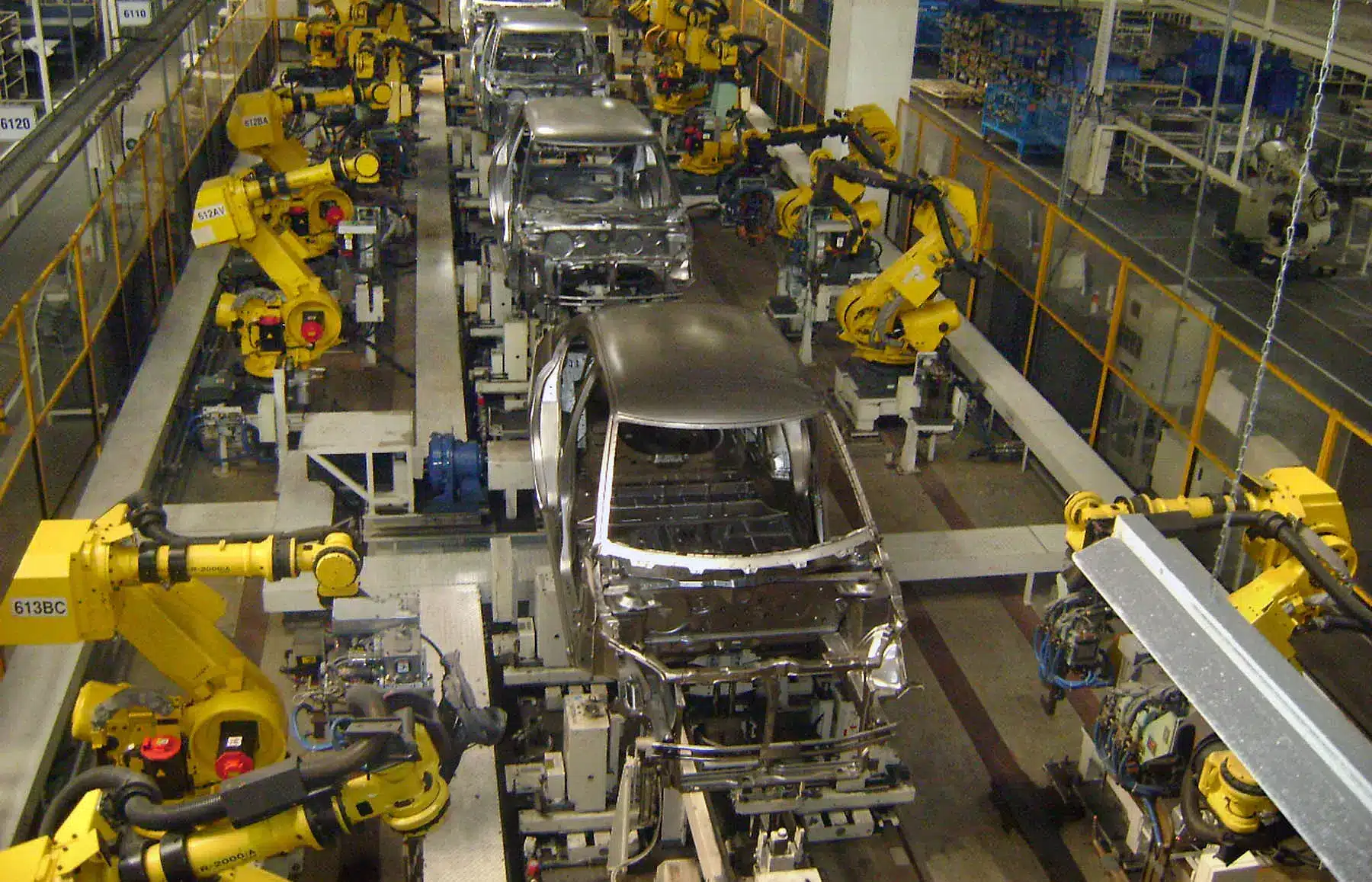Maruti Delays New Plant Development Due to Sluggish Sales Performance

Maruti Suzuki is slowing down its land acquisition plans for a new factory in Gujarat, which was projected to cost ₹35,000 crore. This decision comes in response to a significant decline in car sales growth, which has stagnated at just 1-2%. The company aims to increase its production capacity to four million units by 2030-31, but the current market conditions have prompted caution regarding expansion.
Current Market Conditions
The automotive industry in India has experienced a downturn after a period of robust growth following the COVID-19 pandemic. Maruti Suzuki’s chairman, R.C. Bhargava, expressed concerns about the sluggish market, stating that the company is not in a rush to expand its production capacity. He emphasized that the existing factories in Haryana and Gujarat are sufficient for current needs. Bhargava noted that the site for the second plant in Gujarat has not yet been finalized, indicating a careful approach to future investments. The broader car industry is facing challenges, including rising vehicle prices and economic uncertainties, which have deterred potential buyers.
Need for Government Support
To stimulate demand, Bhargava highlighted the necessity for government intervention in creating a new segment of entry-level cars, which would be smaller and more affordable than existing models like the Alto. He pointed out that the increase in car prices, driven by government regulations on safety and emissions, has made it difficult for many two-wheeler owners to transition to cars. Drawing a parallel with Japan’s kei cars, which are subject to different regulations and lower taxes, he suggested that a similar approach could encourage more consumers to upgrade from two-wheelers to cars in India.
Challenges in Developing Affordable Cars
Bhargava acknowledged the difficulties in developing a highly affordable mini car, even for a large manufacturer like Maruti. He stressed that without government support, it would be challenging to produce vehicles at a low cost. He mentioned that even competitors from China face similar hurdles in creating budget-friendly options. The need for a new, cost-effective vehicle segment is critical for reviving consumer interest in car purchases.
Impact of Income Tax Relief on Sales
Regarding the potential impact of income tax relief announced in the Union Budget, Bhargava expressed skepticism. He indicated that while additional income could help consumers, it is unlikely to lead to increased car sales. With rising vehicle prices, many consumers may prioritize other household expenses over purchasing a new car. The current economic climate, coupled with high vehicle costs, suggests that the automotive market may continue to face challenges in the near future.
Observer Voice is the one stop site for National, International news, Sports, Editor’s Choice, Art/culture contents, Quotes and much more. We also cover historical contents. Historical contents includes World History, Indian History, and what happened today. The website also covers Entertainment across the India and World.
Follow Us on Twitter, Instagram, Facebook, & LinkedIn

